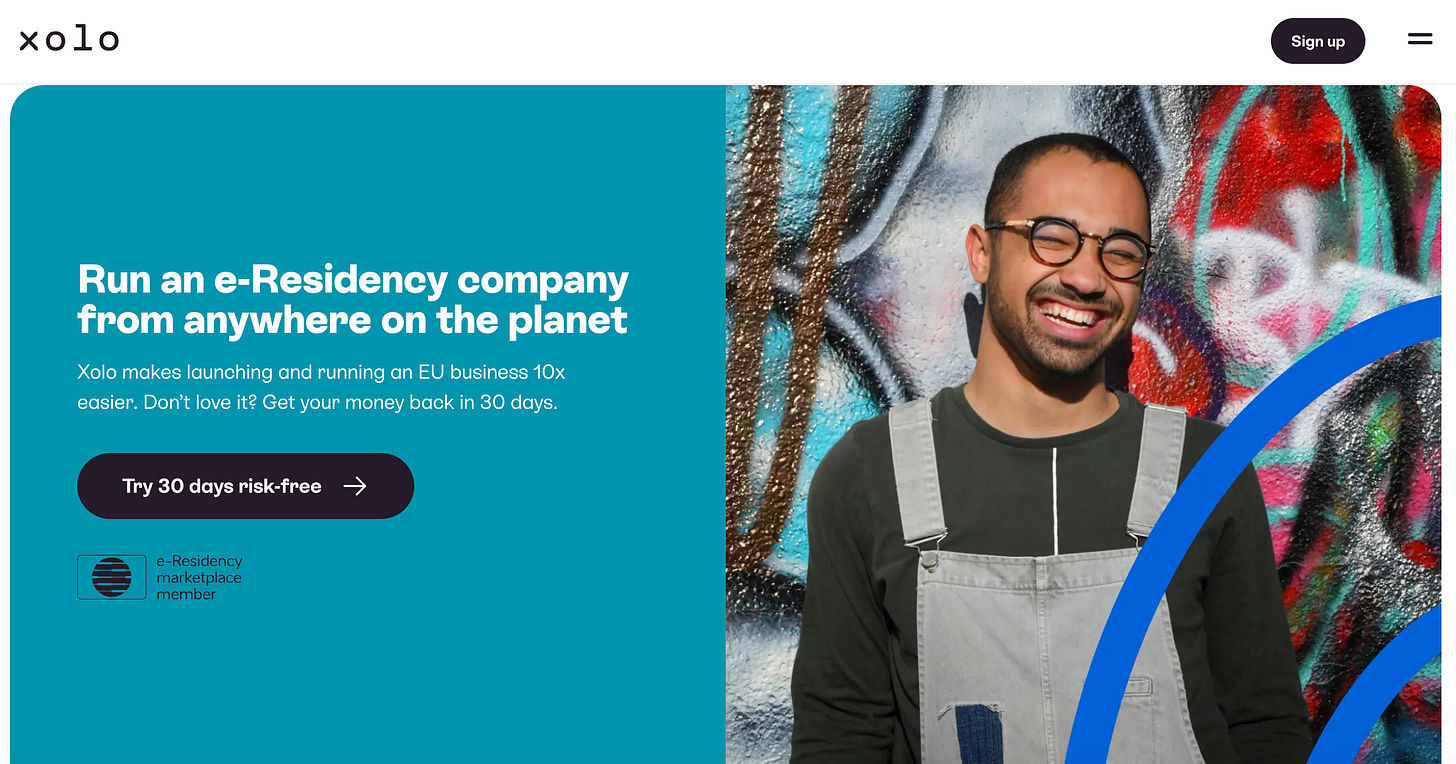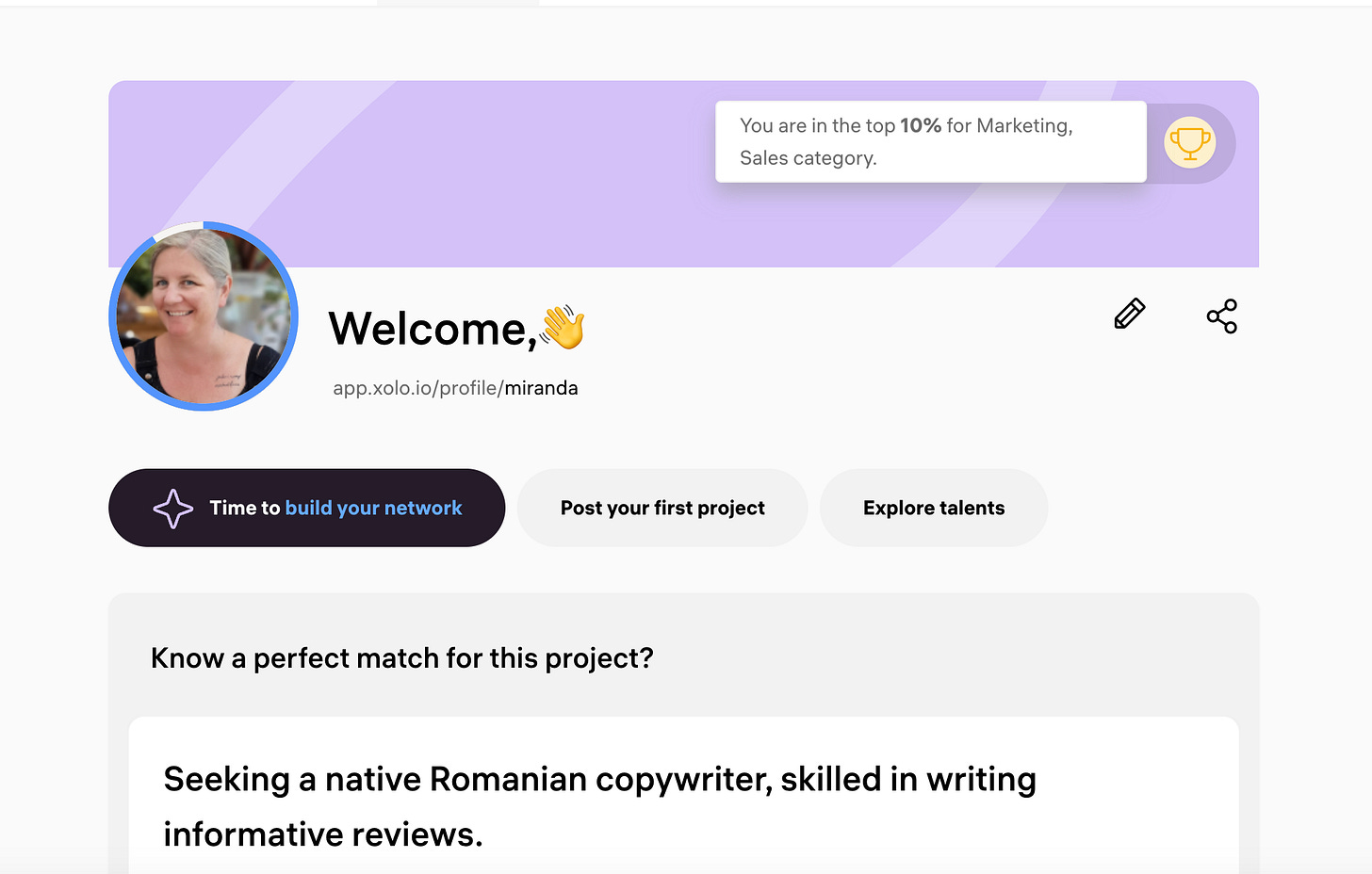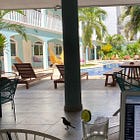Sustainable Nomadism: Balancing Business and a Life in Motion
How to make remote work sustainable without losing your mind (or missing your deadlines). Plus: digital nomads in rural China, overemployment ethics, and one of my favourite global business tools.
✈️ Welcome to Midlife Nomads, your weekly hit of real talk, smart ideas, and helpful tools for building a location-independent life through remote work, travel, and business.
I love the excitement of a new place. Discovering things as mundane as where to find groceries or a decent laundry service presents a fun little challenge that feeds the lifelong learner in me. But when deadlines are looming, or client demands are piling up, sometimes I just want to hit the easy button.
This is the tension a lot of us midlife nomads wrestle with: how to stay mobile and curious while also nurturing a business (or job, or side gig) that actually pays the bills.
The fairytale version of nomad life typically looks something like endlessly productive afternoons at the beach, frozen drink in hand, knocking off around 3 pm for surf lessons. In reality, remote work can feel anything but freeing when the basics of daily life are constantly shifting.
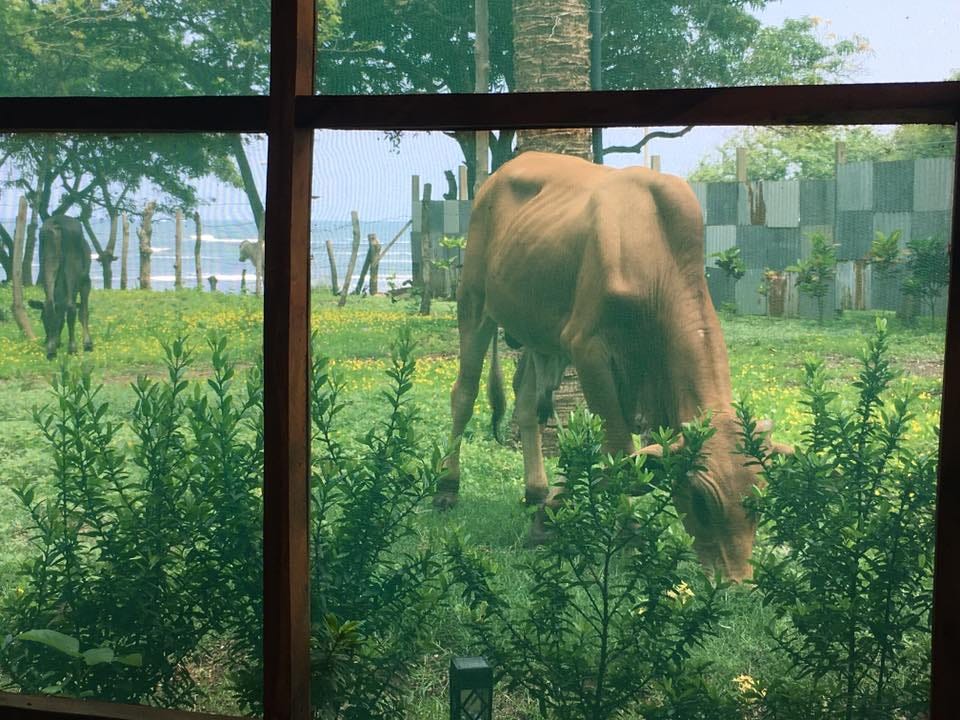
That delulu version of nomad life skips over the part where you're crouched in a weird Airbnb porch chasing Wi-Fi bars — perhaps trying to shield a client call from occasional mooing (see above) — while your stomach growls because you haven’t figured out the food situation yet.
So how do you keep this lifestyle sustainable… not just financially, but emotionally, mentally, and energetically, when it can sometimes feel like everything is constantly in flux?
Here are a few things I’ve learned (sometimes the hard way):
Rhythms and Routines are Everything
Every new place has its own pace. But I’ve found it’s crucial to build a core routine that travels with me… call it your “portable normal.” Mine includes journaling in the morning, video calls with the kids, and a predictable bedtime routine, whatever the time zone.
For you, it might be a morning walk before opening the laptop, weekly meal prep once you’ve scoped out the local mercado, or a regular coworking date with a fellow nomad. Routines create touchpoints of familiarity, which is soothing and reassuring when everything else feels new.
You Don’t Have to Be “On” All the Time
There’s a pressure to make the most of every destination; to see all the things, meet all the people, document all the sunsets. But sometimes sustainable nomadism looks like staying in on a Friday night, ordering in tacos, and catching up on client work without guilt.
A huge part of this lifestyle is learning to tune into what you need, not just what looks good on social media. Don’t forget to build a life that actually works for you, too. Sustainable nomadism is a marathon, not a sprint.
Solo Stays vs. Co-living: Know Your Season
When I’m deep in creative work or feeling a bit burnt out, having my own space is non-negotiable. But when I’m feeling lonely or creatively stagnant, co-living gives me that built-in community hit (and sometimes even shared meals and brainstorming sessions).
Even when I’m planning on spending some time alone, I’ll often choose a hostel for the first few days in a new place so I can meet some people and get activity or other recommendations. It’s a quick way to learn a few local secrets, neighbourhoods to check out or avoid, etc. Don’t be afraid to shift between these two lifestyles, solo and communal depending on what season of life or work you’re in.
Speaking of sustainable nomadism, it’s always encouraging to see stories where this lifestyle contributes positively to local communities instead of just drawing criticism — as in my first pick this week. Read on for that and a few more things from the nomad/expat worlds that have caught my eye:
Digital Nomads & Rural Revitalization in China
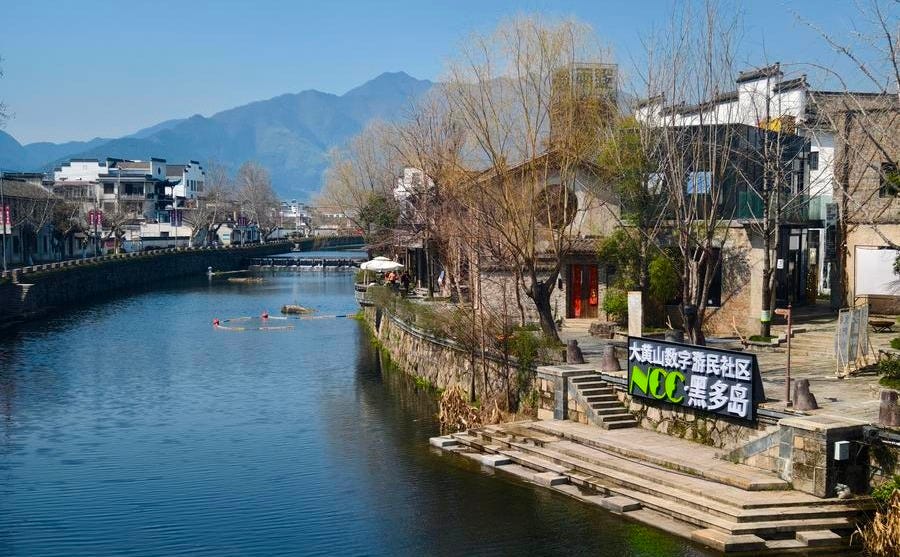
In a time when nomads are often (justifiably) blamed for driving up rents and displacing locals, one community in rural China is showing how this lifestyle can actually do good.
In Yixian County, near Huangshan’s famous mountain range, a digital nomad hub has sprung up in a converted liquor factory—bringing together creatives, remote workers, and entrepreneurs from across the country.
With stays capped at three months, the community blends purposeful living, cultural exchange, and local economic growth. They’re successfully tapping into nomad culture to breathe new life into old towns, and I love it. Read more.
A Key Lesson in Mindset for Midlife Solopreneurs

I'm a big fan of Brian Clark’s no-fluff approach, especially when it comes to building a business that actually fits your life (rather than taking it over). In this piece, he lays out why the best digital businesses today are often solo operations with no employees, no investors, and no desire for the VC rollercoaster.
At the heart of it is what he calls the mentor mindset. I love the focus on trust, credibility, and genuinely helping people before they ever buy from you. It’s a natural fit for midlife entrepreneurs who’ve built up a wealth of experience and are more interested in connection than clicks. If you're looking to build something meaningful on your own terms, this Further: Live Long and Prosper piece of his is a good place to start.
The Rise of Overemployment: Ethical Hustle or Risky Business?

A millennial pulling in $368,000 a year by secretly working three full-time remote jobs has reignited the overemployment debate. While some argue there's nothing wrong with juggling multiple gigs as long as the work gets done, others point to the ethical gray areas around employee benefits, taxes, and time allocation.
Here’s the thing: if you want to work with multiple companies, you don’t have to do it in secret. Set yourself up as a contractor, and be upfront. Plenty of businesses are happy to work with independent professionals—and it’s a whole lot cleaner come tax season. Which brings us to…
Tool to Know: Xolo
When I moved my business to Estonia’s e-Residency program in 2021, I knew I didn’t want to spend my days tangled in spreadsheets, tax codes, or legal filings. I just wanted to write. Xolo is in-country partner for e-residents, handling bookkeeping, accounting, invoicing, and corporate compliance so you don’t have to.
Whether you're running a solo consulting business, a creative agency, or freelance remotely from a different country every month, having that level of support in your "home base" is invaluable.
For me, it means I can invoice clients, track expenses, and stay compliant with Estonian tax and corporate regulations without needing to hire a full finance team or spend hours buried in admin. I focus on writing and consulting; Xolo handles the rest.
They offer different plans based on your business structure, and their support team has been consistently responsive and helpful every time I’ve had a question (and yes, I’ve had a few).
Xolo also has a marketplace community called the Xchange where you can connect with other location-independent entrepreneurs to partner on projects, outsource elements of a contract, find jobs, and more.
If you're building a location-independent business and want to spend more time on the work you love—not managing the backend of it—Xolo is absolutely worth a look.
👉 Check out Xolo here (affiliate link—because a girl’s gotta eat… and outsource her accounting. The good news is my link gets you €100 off your service).
That’s it for now… 👋 See you next week!
Miranda
P.S. Like what you see here? Upgrade to a full subscription and help me keep sharing tips and resources for midlife nomads carving their own paths.
You might also like:



